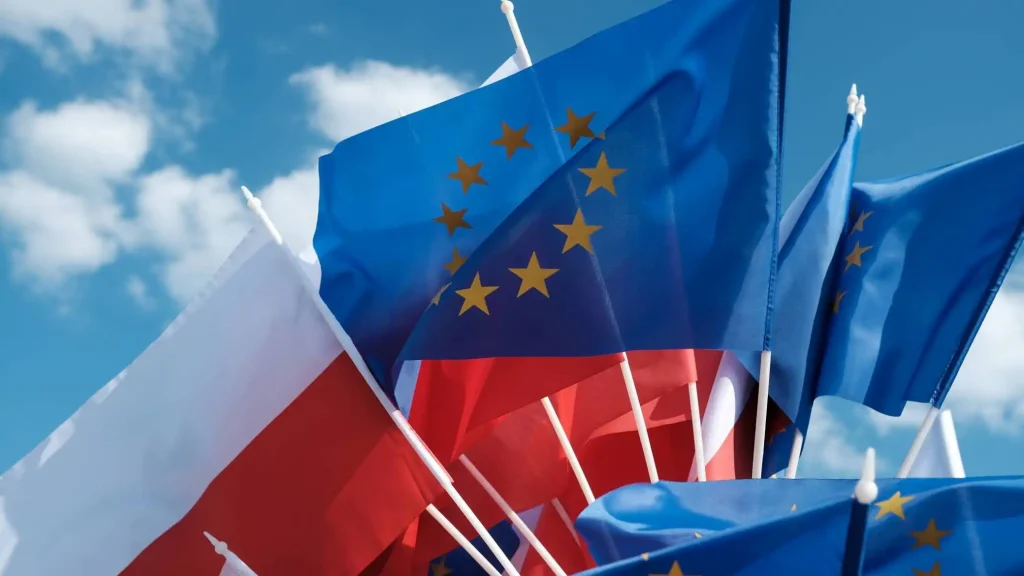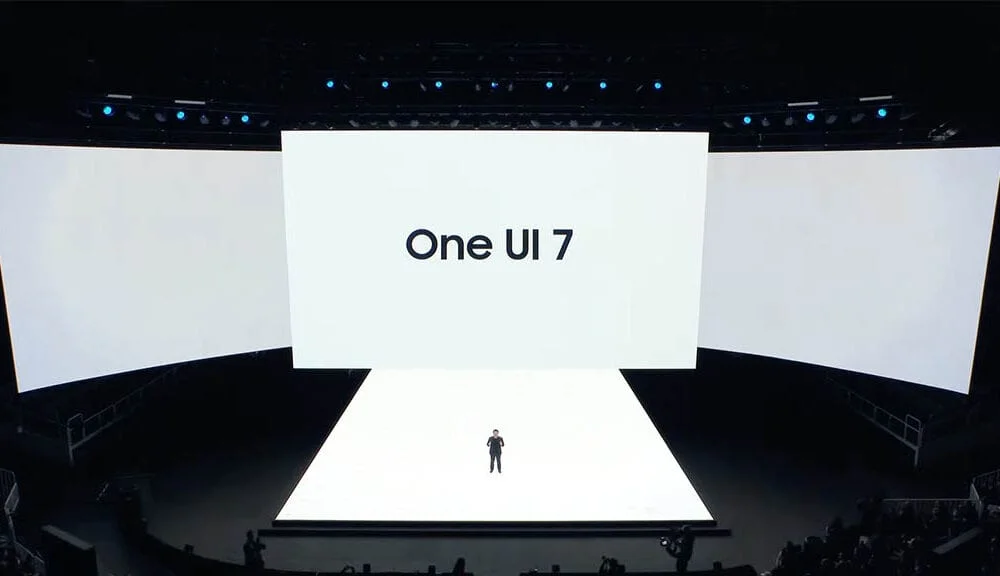Jensen Huang, the billionaire CEO and co-founder of Nvidia, saw his personal wealth increase by a remarkable $6.6 billion on Tuesday, elevating his total net worth to $92.3 billion. This financial leap came as Nvidia’s shares surged by as much as 7% in early trading, contributing to a broader rebound among major U.S. tech companies following a period of steep losses.
The surge follows a dramatic sell-off last week that rattled the tech sector, driven by sweeping tariff measures introduced by former President Donald Trump’s administration. The rebound signals a cautious shift in market sentiment, even as uncertainty around global trade policies continues to loom.
Market Turmoil from New U.S. Trade Tariffs
The recent market volatility stems from Trump’s unveiling of an aggressive two-tiered global tariff policy on April 2. The plan enforces a flat 10% duty on all imports entering the United States and introduces a forthcoming retaliatory tariff against countries that impose higher rates on American goods. The initial round of tariffs took effect over the weekend, prompting widespread investor concern and triggering a wave of sell-offs.
The technology industry, which heavily depends on international manufacturing and intricate supply networks, was hit particularly hard. The announcement led to a staggering $1.8 trillion dip in the combined market value of major tech firms last week, as investors grappled with the potential impact on global supply chains and profit margins.
Nvidia in the Eye of the Storm
Nvidia, known for its dominance in AI and graphics processing technology, was among the companies most exposed to the fallout. Much of Nvidia’s production is based in Asia, especially in Taiwan and China—two regions now under scrutiny due to the tariff dispute between Washington and Beijing. In retaliation, China has imposed new tariffs on American goods, intensifying the risk for companies with cross-border operations like Nvidia.
Despite these pressures, Nvidia’s shares staged an impressive comeback this week. A key reason for this partial recovery lies in the company’s supply chain diversification. Some of Nvidia’s AI-related hardware, particularly servers produced in Mexico, remains unaffected by the new tariffs thanks to the existing trade protections under the United States-Mexico-Canada Agreement (USMCA).
This detail, highlighted by Bernstein analyst Stacy Rasgon, helped reassure investors that Nvidia’s core revenue streams may be less exposed than initially feared, driving renewed confidence in the stock.
Broad Tech Rally Follows Nvidia’s Lead
The positive movement in Nvidia’s stock appeared to ripple across the tech sector. Meta Platforms saw its shares rise by nearly 6%, Tesla gained just over 5%, and Amazon climbed by a similar margin. Microsoft posted a gain of close to 4%, while Alphabet (Google’s parent company) and Apple both registered increases of over 2%.
This group, often referred to as the “Magnificent Seven,” had suffered sharp declines amid last week’s panic. Their rebound reflects investor recalibration as the market processes the implications of the new tariff regime and its varying effects on global companies.
Continued Risks from Trade Uncertainty
While the rally has brought a measure of short-term relief, analysts warn that the broader implications of the new trade rules are still unclear. The global nature of technology production—reliant on precision logistics, overseas assembly, and cross-border collaboration—means the sector remains highly vulnerable to escalating trade conflicts.
Apple, for instance, still produces the vast majority of its iPhones in Chinese factories, placing it at considerable risk if tensions with Beijing worsen. Tesla also depends on foreign parts for its vehicle assembly, while Nvidia’s chips are fabricated using a worldwide web of suppliers and manufacturing partners.
Should the reciprocal tariffs be rolled out in full, and if other countries respond in kind, these dependencies could expose companies to increased costs, logistical challenges, and potential supply disruptions that would be difficult to absorb in the long run.
A Temporary Win for Huang
In the midst of this financial storm, Huang’s personal gain serves as a rare silver lining. In less than two days, he moved from facing steep losses to seeing one of the largest wealth increases among global billionaires this year. His company’s resilience—fueled by its dominance in AI hardware and careful supply planning—has again made Nvidia a focal point of tech market optimism.
However, analysts caution that while this rebound is encouraging, it may not be sustainable unless trade tensions ease or companies find effective workarounds. For now, Nvidia’s strong AI positioning, combined with its tariff-exempt Mexico-based operations, has shielded it from the worst outcomes.
Looking Toward the Future
As the dust settles from the initial tariff shock, markets are expected to remain volatile. Trump’s reciprocal tariff plan, still pending implementation, could introduce further unpredictability. Meanwhile, other governments are weighing their own responses, which could reignite pressure on global stocks.
For Nvidia, maintaining its momentum will likely depend on how well it navigates these external risks while continuing to push forward in AI, gaming, and enterprise data center markets. Companies across the sector may also begin to reassess and reconfigure their supply chains to reduce exposure to geopolitical shifts.
In the high-stakes arena of global tech, where fortunes can shift overnight, Jensen Huang’s $6.6 billion gain stands as both a symbol of resilience and a reminder of the unpredictable forces shaping the future of innovation and investment.













